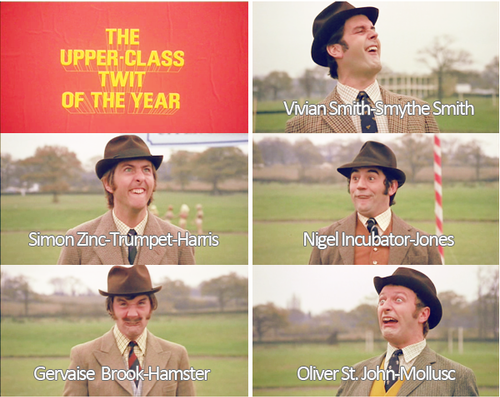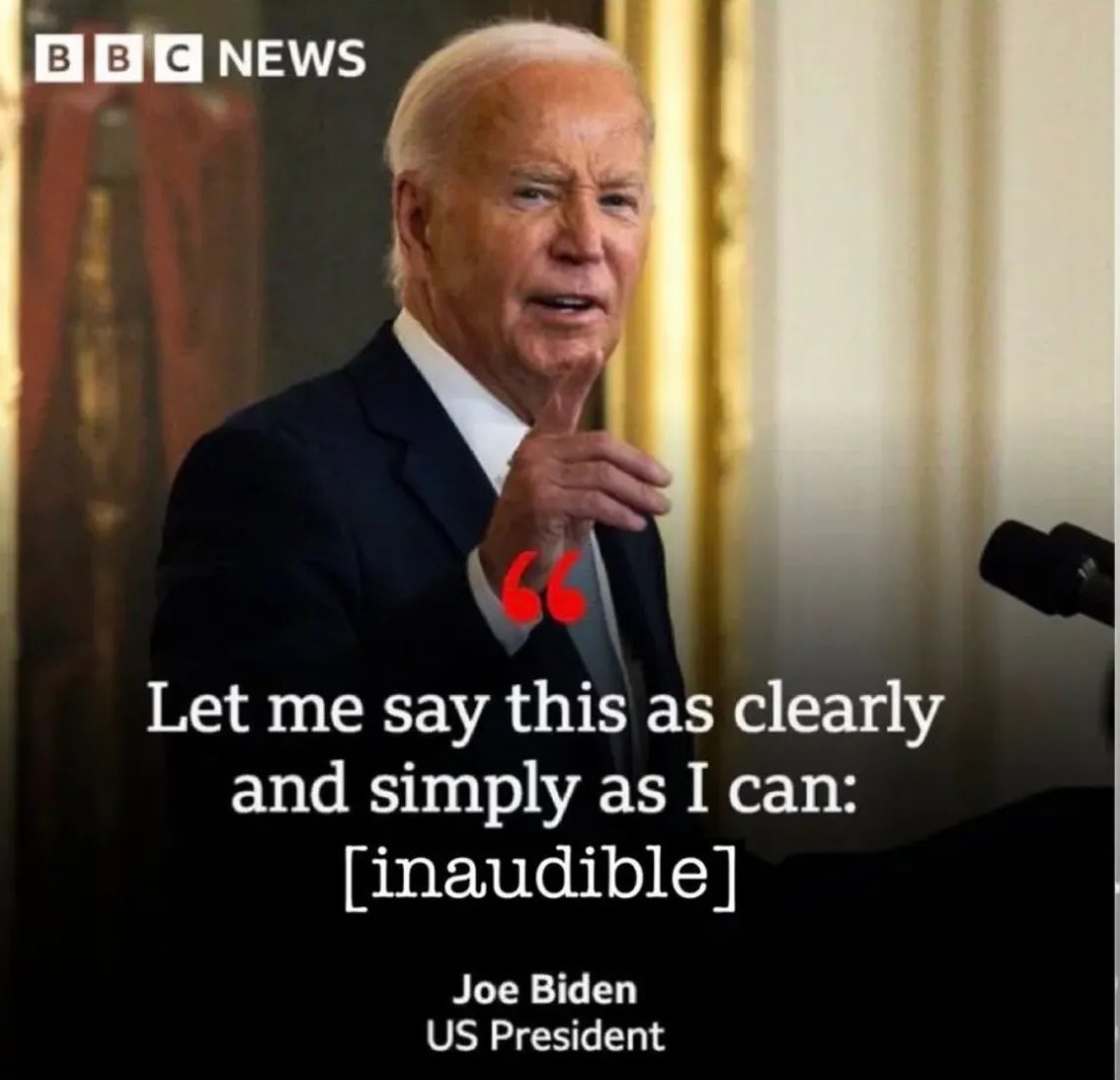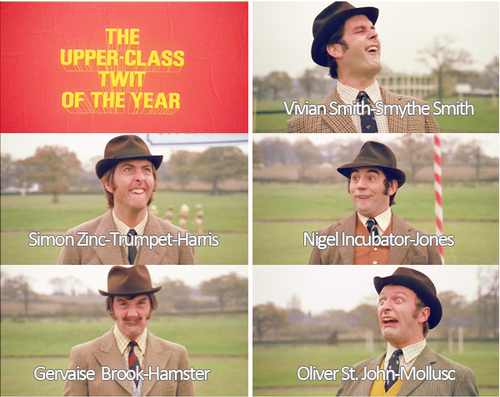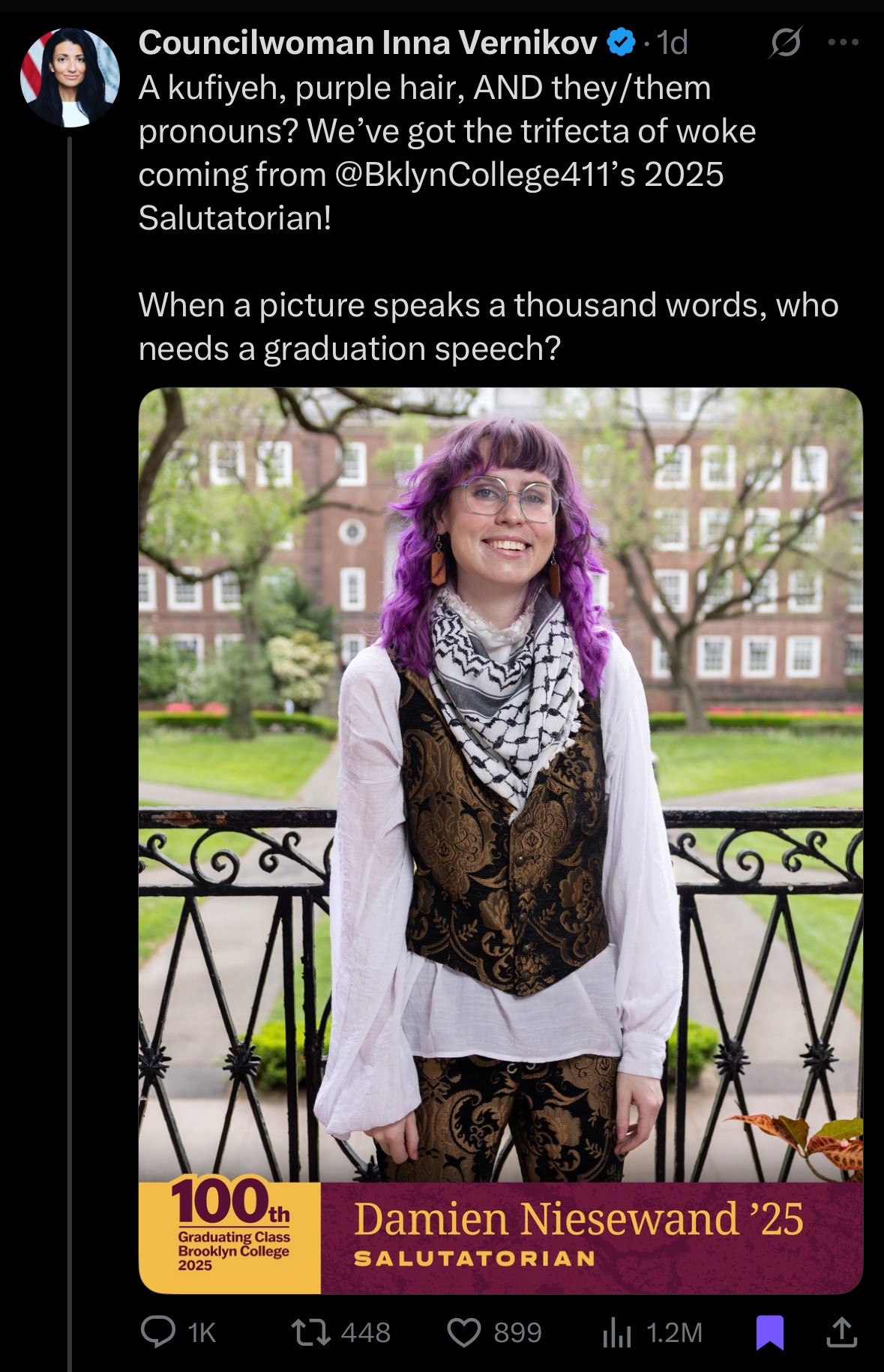(You Drive Me)-ocracy
Some reductive terms to impress people at your next fancy dinner party

Last week, University of Auckland Professor of economics Robert MacCulloch spoke out against the “soft corruption” of New Zealand. His main points were:
- there is a disproportionate amount of power concentrated in the hands of political and business elites situated in our major political parties, NZX-listed companies and the public sector;
- board appointments in the public and private sector alike are made based on pre-existing relationships rather than merit; and
- this “inbred club” of mates is susceptible to massive influence from stakeholders like the big banks the the New Zealand Initiative, especially because many of our elites are directly linked to these organisations.
I have little in common politically with a right-winger like MacCulloch (it’s no coincidence that his statements were covered by friendly media figures like Bryce Edwards and Michael Laws) but his arguments had some resonance. In my experience, New Zealand is rife with corruption and getting more corrupt by the day. I don’t care if we score well in measures like the Corruption Perceptions Index that define corruption in a way that allows them to exclude corruption by white people.
I was less convinced by the clumsy word that MacCulloch used to define our political system: chumocracy (if nothing else, it’s a great argument for compulsory humanities education for economists). While there are much more annoying examples1, the suffix “-ocracy” has become an overused shorthand to define our current political moment. If the political economy we are living under can no longer be described as a democracy, rule by the people, then it begs the question “rule by whom?” At the risk of further contributing to that overuse, here are some suggestions.

plutocracy, n. a society governed by the rich
Let’s get the most obvious example out of the way first. There is an almost universal correlation between material wealth and political power.
In Aotearoa, wealth tends to be synonymous with land ownership. So many of our elected officials are part of the landed gentry that it would almost be appropriate to describe ourselves as a timocracy, a society where only property owners are allowed to participate in politics. Of course, you don’t have to go back very far in time to realise that most of this land was stolen: the capitalist myth of infinite growth and the colonial myth of free real estate are intrinsically linked. I had the privilege of going on the Hidden Māori Treasures tour of Te Aro Pā last week and, looking at colonial era maps, was struck by how Wellington’s colonial history has been dominated by unscrupulous property traders from the start. Nearly two centuries after Edward Wakefield started the New Zealand company, Wellingtonians still hold a healthy distrust of those whose wealth and influence comes from stolen land2.
In the United States, it has gotten to the point where it is nigh-impossible to win an election without an obscene amount of wealth behind you. Like ours, America’s wealth was also built on the back of stolen land. The real estate mogul currently sitting in the big boy chair has been licking his lips and looking at “free” real estate in places like Gaza and Greenland to bolster his declining empire.
see also: chrysocracy, dollarocracy, kleptocracy

gerontocracy, n. a society governed by old people
Speaking of the septuagenarian leader of the “free world”, you should see the other guys! Donald Trump may be obviously losing his faculties but his electoral vicotry was at least partly due to the fact that the Democrats held onto someone even older and more senile than him for an untenable length of time.
Joe Biden isn’t the only high-ranking member of his party that’s old and/or dying. Journalist Ken Klippenstein lists six elderly congresspeople who died in office over the last 13 months. In addition to these, one can look at high-profile political figures like Ruth Bader Ginsburg and Dianne Feinstein who refused to loosen their grip on power in favour of someone from a younger generation. This is disproportionately (if not exclusively) a Democrat phenomenon, a perfect symbol for how ill-equipped they are to face off against the threat of fascism.
Americans aren’t the only ones with a ruling class that has fooled itself into thinking it will live forever. We can probably all think of at least one politician in New Zealand whose Alzheimers is an open secret.
see also: thanatocracy (rule by the dead)

kakistocracy, n. a society governed by the worst, least qualified, or most unscrupulous people
I know I won’t shut up about the wrongheaded way we think about the relationship between incompetence and malice, but it is striking how our political class is at once dumber and meaner than the people they rule.
People tend to unconsciously associate kindness with unintelligence and cruelty with genius. Just look at Judith Collins; the media reports on her as if she knows what she’s talking about because she’s rude and unpleasant. Anyone who’s ever interacted with her will know this is simply not the case. If you’re in the vicinity of the Public Service Minister and you hear a loud whistling, it’s likely the wind blowing from one ear to the other, unencumbered by anything in between. The same can be seen in Elon Musk who has never demonstrated anything other than intellectual dishonesty but who even liberals often frame as someone smart.
I understand it can be reassuring to tell oneself that those in power are there due to some sort of aptitude, even if they are mean, but meritocracy is a lie. These people do not possess any kind of special abilities and there’s way more of us than there is of them.
see also: demonocracy, mediocracy, punditocracy (because our media class is disproportionately powerful, incompetent and malicious)

cybertheocracy, n. a society governed by true believers in the power of computer
The last couple are terms that I coined based on very specific ways our political leaders are becoming detatched from the people.
Firstly, it is becoming increasingly apparent that a number of elites genuinely believe that large language models can solve material political problems. We’re used to low-level grifters and maladjusted weirdos preaching the good news of AI, but the scam goes all the way up. Figures like Judith Collins (again) have seen the light and converted to this new religion.
And I’m not being hyperbolic when I say ‘religion’. The idea that a system that produces a probabilistic outcome based on a large number of inputs is ‘intelligent’ in any meaningful way demands a much greater leap of faith than any established religion. Not only are Silicon Valley figures using the language of religion to talk about LLMs, political leaders are falling for the scam. Whether or not the former believes their rhetoric, it benefits them to describe their product as all-powerful.
see also: appistocracy (coined by Klippenstein), technocracy (although without the implication of savviness)

antagonocracy, n. a society governed by those who hate the people they govern
Finally, I really want to emphasise the fact that our political leaders aren’t just unrepresentative of their constituents, but they’re actively hostile towards them. Look at Winston Peters, Keir Starmer, John Fetterman. These leaders have stopped even pretending to serve the people who elected them. In the past, politicians promised the people a better future. Today, the best they can do is promise a worse future for everyone else.
They hate us.
Johnny’s Substack is a reader-supported publication. To receive new posts and support my work, consider becoming a free or paid subscriber.
the most annoying of all being the suffix “-gate”, derived from Watergate, to refer to political scandals. ↩
with apologies to the over-clutched pearls of our government ministers, the whole Opera House erupted in cheers on Friday night when Guy Montgomery used a well-placed ‘c-word’ to refer to real estate agents. ↩



